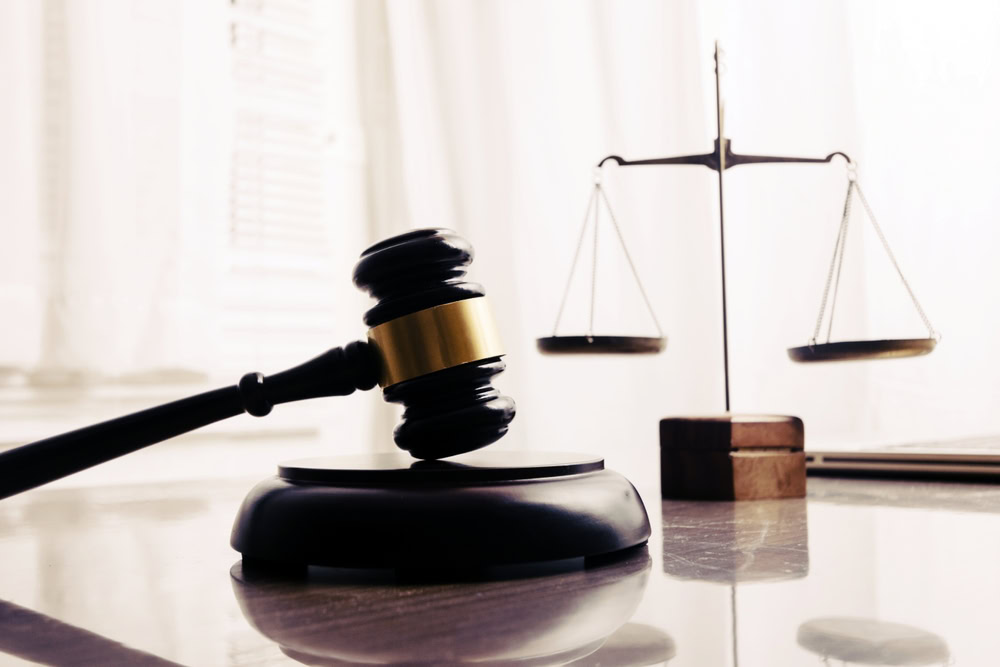How Do We Understand Justice Against Those Who Wronged Us in The Past? – Mawlana Ilyas Patel
Answered by Mawlana Ilyas Patel
Question
If one good deed cancels out a bad one, how can justice be ensured for those who have wronged us severely, impacting our mental health? Considering the person who wronged me is a devout Muslim who performs good deeds like Umrah and Hajj, how does this reconcile with the belief that wrongdoers will face punishment?
Answer
In the Name of Allah, the Most Merciful and Compassionate
I pray you are in good faith and health. Thank you for your question. Allah Most High reward you for your patience, ill health, and what you went through. Amin.
Having negative feelings towards someone who has caused you harm is a natural feeling. These feelings are not considered sinful as long as they do not lead to harmful actions. Indeed, the person responsible for your troubles is accountable for their actions. However, you are accountable for how you choose to respond to this test from Allah Most High.
Grand Scheme of Things
No doubt, as Allah Most High says, “Surely, good deeds wipe out evil deeds. That is a reminder for the mindful.” [Quran, 11,114]. However, a person who has wronged a fellow human being is only forgiven if he is forgiven by the other. If the other person, as you say, has turned towards practicing Islam in his life if he is mindful and he probably wants to ask for forgiveness from you but is shameful to do so, or is asking for your general forgiveness whenever he remembers the past, and this way Allah will forgive you, sending him in your life to ask forgiveness for you.
In the grand scheme of things, one should see that Allah has sent the person, and He, Most High, awaits a correct reaction from you. The person in question is just a tool and means for your forgiveness and raising of status.
Divert Your Feelings into Positive Remembrance
Turn your feelings around by regularly engaging in dhikr and spiritual lessons. Dhikr helps to calm the mind, making it easier to let go of others’ annoyances. It is important to remember that if we want Allah to forgive us, we must be willing to forgive others.
Reconcile, Reflect, and Forgive Your Wrongdoers
Reflect, if you forgive and overlook those who wronged you and embody the meaning of forgiveness, then Allah will reciprocate with forgiveness, overlooking, and mercy. Consider this noble verse representing this meaning:
“Let them pardon and forgive. Do you not love to be forgiven by Allah? And Allah is All-Forgiving, Most Merciful.” [Quran, 24:22]
‘Uqbah ibn ‘Amr (Allah be pleased with him) reported: I met the Messenger of Allah (Allah bless him and give him peace), and he said to me, “O ‘Uqbah, reconcile with whoever cuts you off, give to whoever deprives you, and forgive whoever wrongs you.” [Musnad Ahmad]
I would like you to read the valuable answers and links below. In sha Allah, you will receive guidance and direction.
Related
- Taking Back Forgiveness – SeekersGuidance
- How Do I Forgive Someone When I Still Feel Resentful? – SeekersGuidance
- A Reader on Patience and Reliance on Allah – SeekersGuidance
- Predestination and Seeking Forgiveness – SeekersGuidance
- The Path of Muhammad: Birgivi’s Manual of Taqwa Explained – YouTube
- The Book Of Wisdoms [Kitab al-Hikam with Ikmal al-Shiyam] – White Thread Press
- Purification of the Heart: Signs, Symptoms, and Cures of the Spiritual Diseases of the Heart: Hamza Yusuf: 9780985565909: Amazon.com: Books (Book)
Why not begin your search for knowledge by signing up for a course on SeekersAcademy (seekersguidance.org), like from the Islamic Studies Curriculum (seekersguidance.org), building your way up doing each course?
I pray this helps answer your question.
[Mawlana] Ilyas Patel
Checked and Approved by Shaykh Faraz Rabbani
Mawlana Ilyas Patel is a traditionally-trained scholar who has studied within UK, India, Pakistan, Syria, Jordan and Turkey.
He started his early education in UK. He went onto complete hifz of Qur’an in India, then enrolled into an Islamic seminary in UK where he studied the secular and Alimiyyah sciences. He then travelled to Karachi, Pakistan.
He has been an Imam in Rep of Ireland for a number of years. He has taught hifz of the Qur’an, Tajwid, Fiqh and many other Islamic sciences to both children and adults onsite and online extensively in UK and Ireland. He was teaching at a local Islamic seminary for 12 years in the UK where he was a librarian and a teacher of Islamic sciences.
He currently resides in UK with his wife. His personal interest is love of books and gardening.
